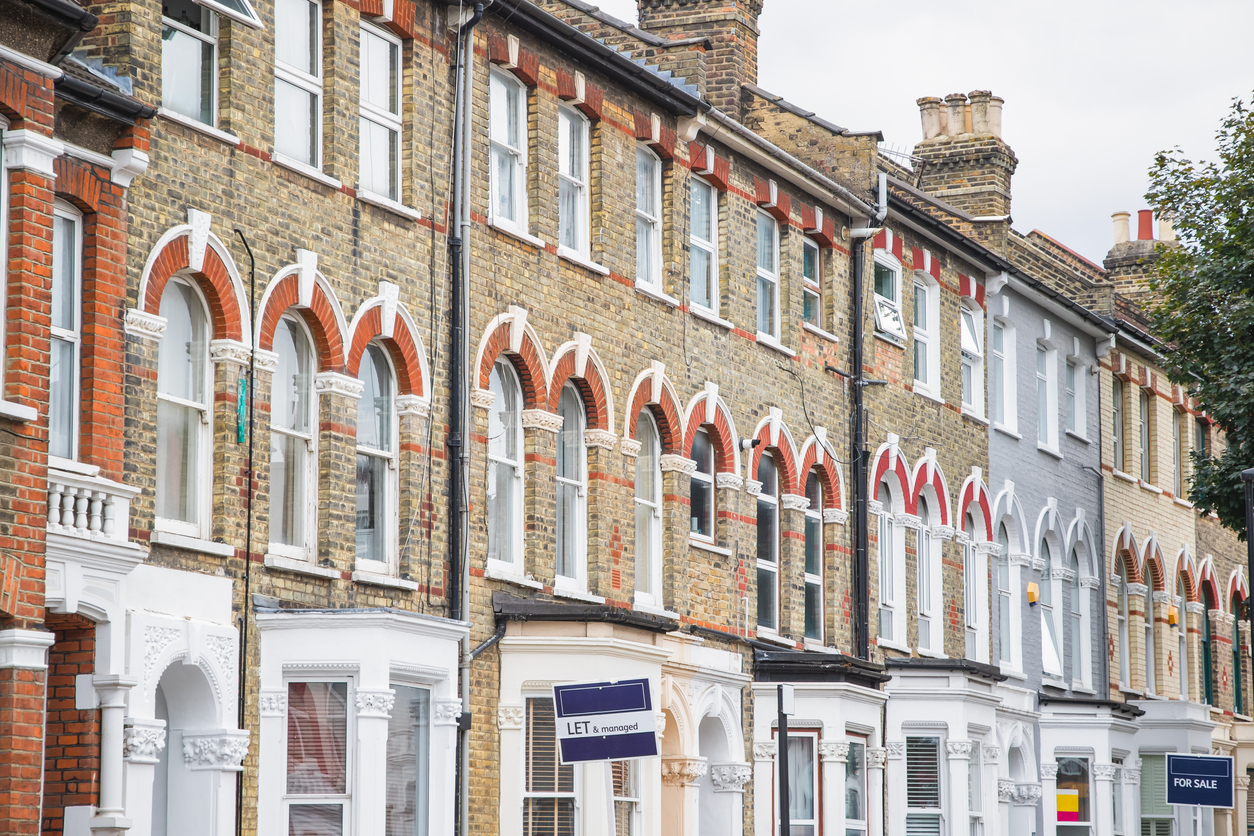



Landlord Self-Assessment: A Complete Guide for UK Property Owners
For UK landlords, completing a self-assessment tax return is a legal requirement to declare rental income and pay the correct amount of tax. Navigating the process may seem complex, but with the right information, landlords can ensure compliance while maximizing their allowable deductions.
Self-assessment is a system used by HM Revenue & Customs (HMRC) to collect Income Tax. As a landlord, if your rental income exceeds £1,000 in a tax year, you must register for self-assessment and file a tax return to report your earnings.
Register for Self-Assessment:
By 5th October following the end of the tax year in which you started renting out your property.
Filing Deadlines:
Payment Deadline:
Pay any tax owed by 31st January following the end of the tax year.
Create a Government Gateway Account:
Register online with HMRC for self-assessment.
Provide Your Details:
Include personal details, National Insurance number, and details about your rental income.
Receive Your Unique Taxpayer Reference (UTR):
HMRC will send you a 10-digit UTR, which you need for filing your tax return.
Rental income includes all payments received from tenants, such as:
Allowable Expenses: Deduct legitimate expenses incurred while renting out the property, such as:
Property Income Allowance:
If your rental income is less than £1,000, you don’t need to register for self-assessment.
Tax Bands:
Rental income is taxed at your standard Income Tax rate:
Replacement of Domestic Items:
Tax relief is available for replacing furniture, appliances, and fixtures in a rental property.
Finance Costs:
Landlords can claim basic-rate tax relief on mortgage interest payments.
Losses from Rental Income:
If your property operates at a loss (e.g., expenses exceed income), the loss can be carried forward to offset future rental profits.
Failure to file a self-assessment tax return or pay your tax on time can result in penalties, including:
Navigating landlord self-assessment can be complex. Hiring an accountant or tax advisor ensures accuracy and maximizes your tax efficiency. Fraser Bond can connect you with professionals who specialize in landlord tax matters.
How Fraser Bond Can Assist Landlords
At Fraser Bond, we understand the challenges landlords face with self-assessment and tax obligations. Our services include:
Contact us today to streamline your self-assessment process and focus on what matters most—managing your property investments.